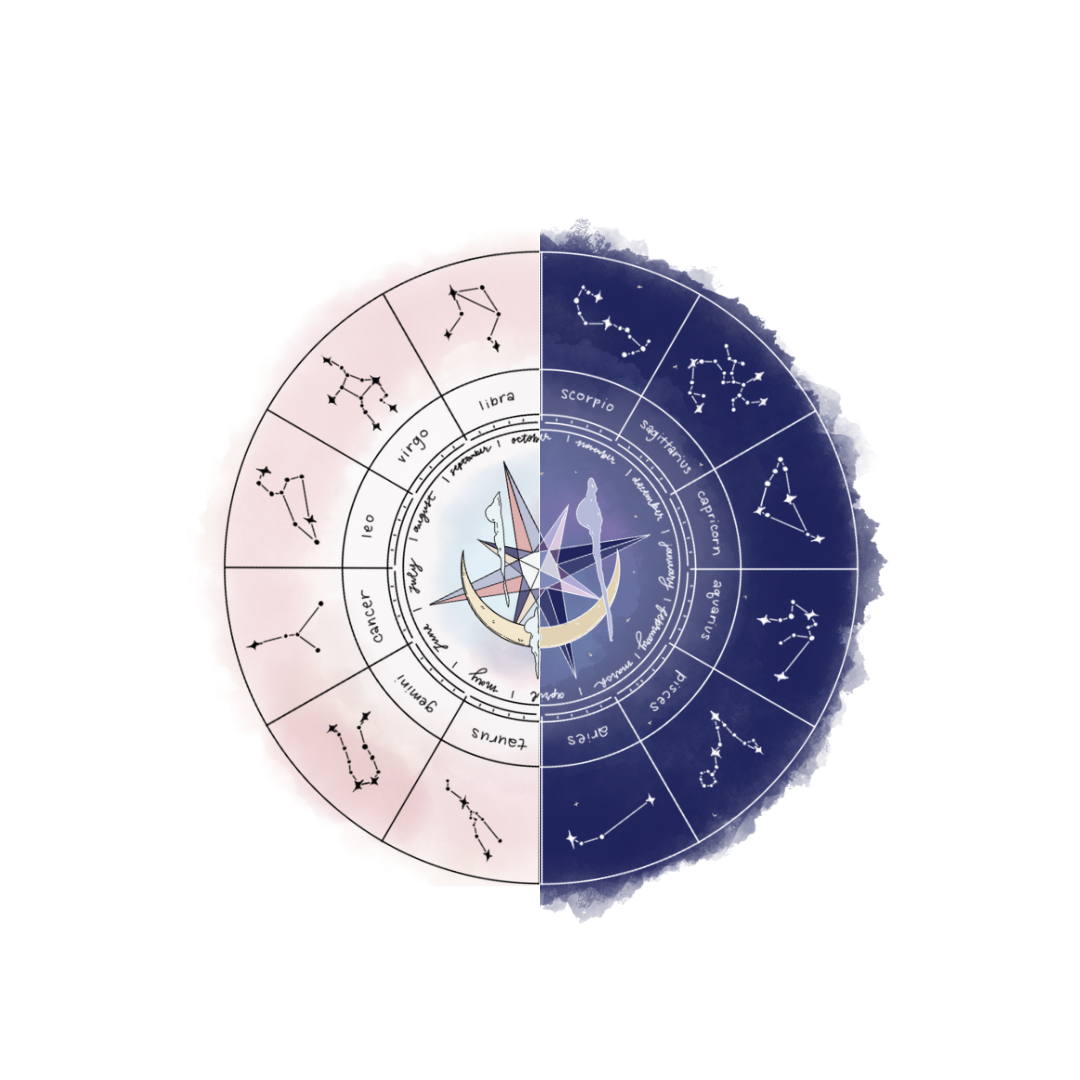Written by Arjun Prabhakar
Ultimately, Hinduism preaches a quest for truth and dharma—a tenant that governs ethics. Even though I am not a devout Hindu, I was raised in a household that practiced the religion’s principles. e mindset of my Hindu family, which I fully agree with, is that the best way to practice a religion is to live by its central morals. People often misperceive religious devotion as limited to praying, but Hinduism goes far beyond that and has established a way of life for my family. Hinduism and its prevalence in the Bay Area has given me an opportunity to help my community. Hinduism preaches a community-based approach to living and lives by the philosophy that it “takes a village to raise a child.” The community-oriented ideals of Hinduism have taught me the importance of advocacy and community improvement, including assisting temples with food donations. However, Hinduism also has affected my life in some of the ways that are conventionally associated with religion. The Hindu belief that preaches the reverence of cows—a sacred animal in our culture—affects my diet. During important moments in life, I often bring along a Hindu emblem. When I was younger, I constantly questioned the validity of God. However, as I grew up, I realized that the question of whether God exists is an unimportant one. Religion, regardless of any proof about the existence of God, is a fundamental part of a moral-abiding society. Hinduism made me a better person and forced me to question the morality of decisions that I would otherwise take for granted.























